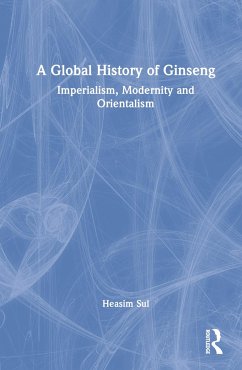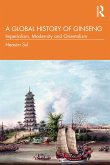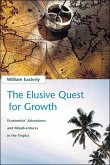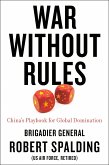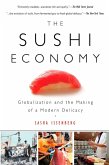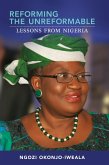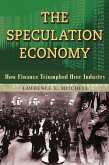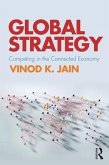Sul's history of the international ginseng trade reveals the cultural aspects of international capitalism and the impact of this single commodity on relations between the East and the West.
Ginseng emerged as a major international commodity in the seventeenth century, when the East India Company began trading it westward. Europeans were drawn to the plant's efficacy as a medicine, but their attempts to transplant it for mass production were unsuccessful. Also, due to a failure of extracting its active ingredients, Western pharmacology disparaged ginseng in the process of modernization. In the meantime, ginseng was discovered on the American continent and became one of the United States' key exports to Asia and particularly China, but never cultivated a significant domestic market. As such, historicizing the ginseng trade provides a unique perspective on the impact of both culture and economics on international trade.
A compelling interdisciplinary history of over five centuries of East-West trade and cultural exchange, this book will be invaluable to students and scholars of transnational history and a fascinating read for anyone interested in the history of international trade.
Ginseng emerged as a major international commodity in the seventeenth century, when the East India Company began trading it westward. Europeans were drawn to the plant's efficacy as a medicine, but their attempts to transplant it for mass production were unsuccessful. Also, due to a failure of extracting its active ingredients, Western pharmacology disparaged ginseng in the process of modernization. In the meantime, ginseng was discovered on the American continent and became one of the United States' key exports to Asia and particularly China, but never cultivated a significant domestic market. As such, historicizing the ginseng trade provides a unique perspective on the impact of both culture and economics on international trade.
A compelling interdisciplinary history of over five centuries of East-West trade and cultural exchange, this book will be invaluable to students and scholars of transnational history and a fascinating read for anyone interested in the history of international trade.
"This work constitutes a classic case of microhistory. It reflects the ways in which a seemingly narrow niche study can in fact illuminate all kinds of fields, spreading out into a major exploration of all manner of cultural and economic dimensions. Here Heasim Sul demonstrates how one Korean plant product became a major area of fascination for its medical and biological properties, thus promoting considerable trade and many articles and notices in the western press and other publications. Consequently, the study of the reception of ginseng helps to expose the character of a whole variety of relationships between East and West, thereby contributing to the major study of cultural Orientalism which has been such a major source of scholarly fascination in recent decades. In these ways microhistory can make a major contribution to a much wider scholarly debate, opening up wider discussions of considerable significance."---John M. MacKenzie, Emeritus Professor of Imperial History, Lancaster University

